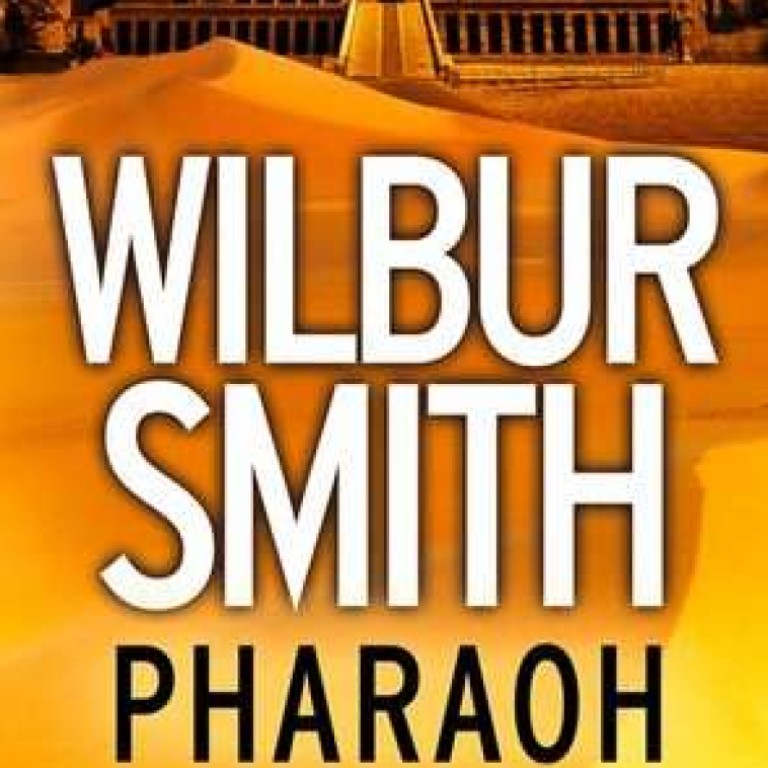Advertisement
Advertisement

Review | Book review: Wilbur Smith’s Pharaoh – silly, sad and unpleasant
The sixth in Wilbur Smith’s “Ancient Egypt” series is a preposterous affair that verges on homophobia in its depiction of a mincing sociopath

By Wilbur Smith
HarperCollins
Pharaoh is part six of Wilbur Smith’s “Ancient Egypt” series, a degree of longevity denied the titular ruler, Tamose, who lies mortally wounded, surrounded by three surgeons, six sons and just five of his favourite wives. Also present is Taita, the eunuch slave who is as preposterously heroic as Tamose himself: “I killed at least ten of bearded, swarthy Hyksos’ brutes on the same spot.” Grief plays havoc with his sentences. “I knew [Tamose’s] age almost to the hour for it was I who had delivered him as an infant into this harsh world.” His portentousness (“for it was I”) harks back to Hollywood epics infested by Charlton Heston and extends to the plot. After endless battles, the power vacuum left by Tamose is filled by his son Utteric Turo. His portrayal as a mincing, petulant sociopath who favours “pretty boys” verges on homophobia. This suspicion grows when the novel approves his manly brother Rameses, who is smitten by the “enchanting” and heterosexual Princess Serrena. The couple fall absurdly in love: they “hung on each other’s lips when one of them was speaking”. Sounds uncomfortable, though no more so than reading this silly, sadly unpleasant novel.

Post
